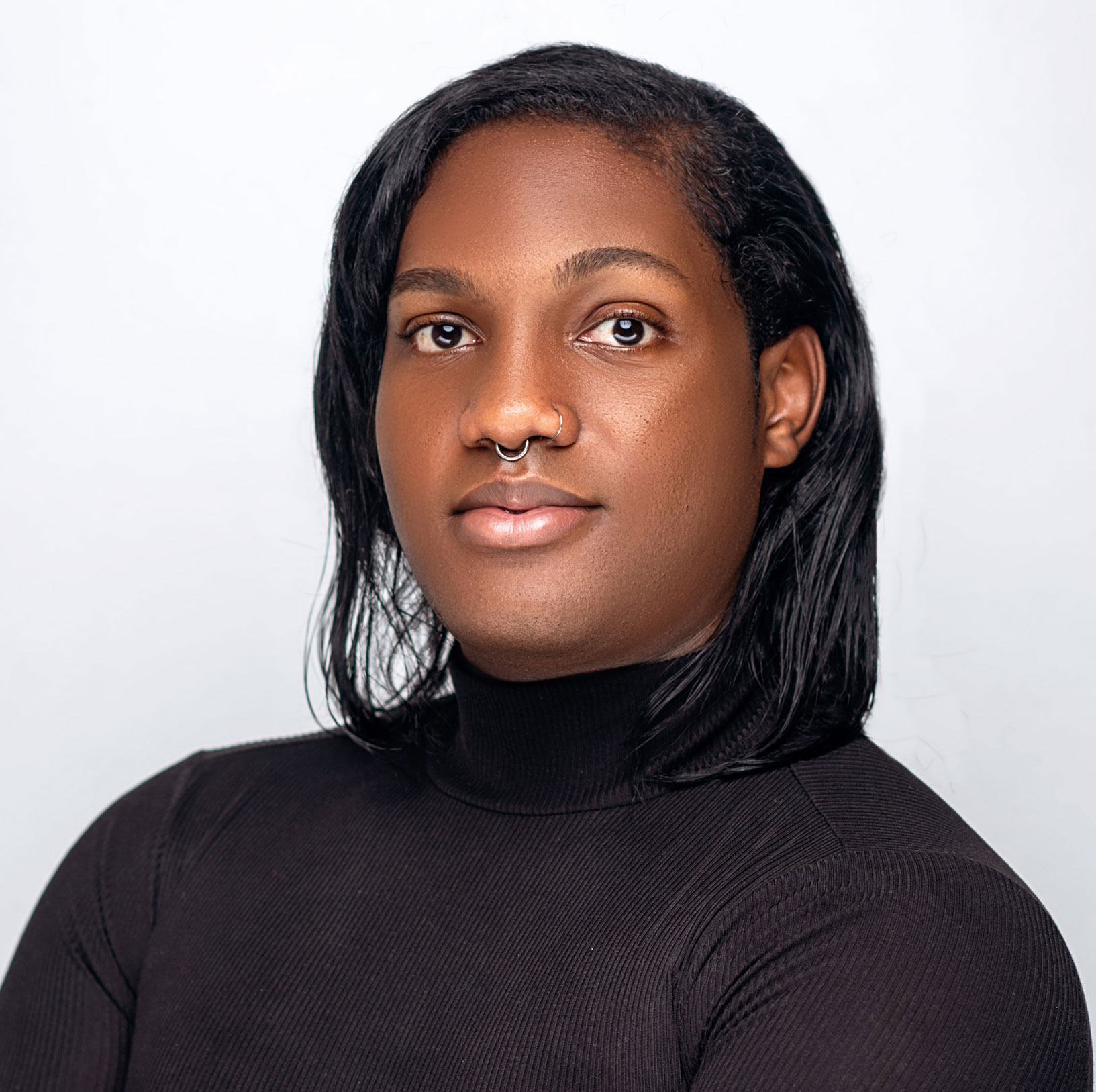
In the past few years, there has been significant emphasis on diversity, equity, inclusion and belonging (DEIB) within higher education spaces. Even when sociopolitical activities affect organizational power and hierarchical flows, many higher education institutions remain committed to the work of DEIB and to creating spaces that welcome diverse ways of being.
Historically marginalized populations have been intentionally solicited through higher education research and programming as a demonstration of institutional commitment to fostering diverse and inclusive spaces. One such underrepresented population is the LGBTQ+. These initiatives to include this community can be captured in what some theorists call queering higher education.
What do we mean by queering higher education?
Simply put, queering higher education refers to initiatives and activities that aim to create a more diversified space for LGBTQ+ identities and populations in higher education environments. However, as Sergio A. Gonzalez, scholar and researcher of queer communities within higher education, articulates, queering higher education is not only about creating safe spaces but, more comprehensively, involves providing the necessary knowledge, skills and tools for higher education consumers to become active agents of change. The operationalization of these knowledge and skills are evidence of truly fostering advocates for social justice and change.
Queer history and experiences in higher education
DEIB initiatives are instrumental to successfully queering higher education. Yet, it has been a difficult feat, and these initiatives continue to be challenged by larger political, social and organizational systemic infrastructures. It is necessary to have a clear understanding of queer history to recognize the current positionality and experiences of queer populations in higher education, and ultimately strategically derive systemic research and programming toward safer spaces.
The 1970s represented the beginning of the most significant leaps within LGBTQ+ history in the United States, including many constitutional changes and amendments that provided protections and liberations for queer populations. Some of these sociopolitical changes included legalization of homosexuals to serve in the military, many celebrities coming out as being homosexual and the ultimate 2015 ruling that legalized same-sex marriages across all 50 states. These progressions significantly and positively impacted queerness psychosocially and within institutional contexts.
Amid the progressions, there remains many contentions for queer individuals in higher education. Research continues to show that LGBTQ+ populations are at higher risks for psychosocial maladjustments and mental health challenges in institutions of higher education. How do we continue to address these issues?
Systemic and programmatic implications for higher education
Social justice and change toward equitizing higher education spaces must begin at the systemic level. Changes that focus on administrative and power distribution hierarchies address issues at their core by deconstructing institutional frameworks that are implicitly rooted in oppression. Institutional mission, vision and goals must be established through values that align with social justice ideals, which must be evidenced practically through administration, faculty, staff and respective functions. These established organizational structures must then inform how programming is strategically designed, with emphasis on representing social justice systems and pedagogies that accurately represent minoritized populations.
This is how we advance and continue the work of queering higher education.
Become a leader in diversity and inclusion with the MBA program at American College of Education where you can select the diversity and inclusion focus area of study.

